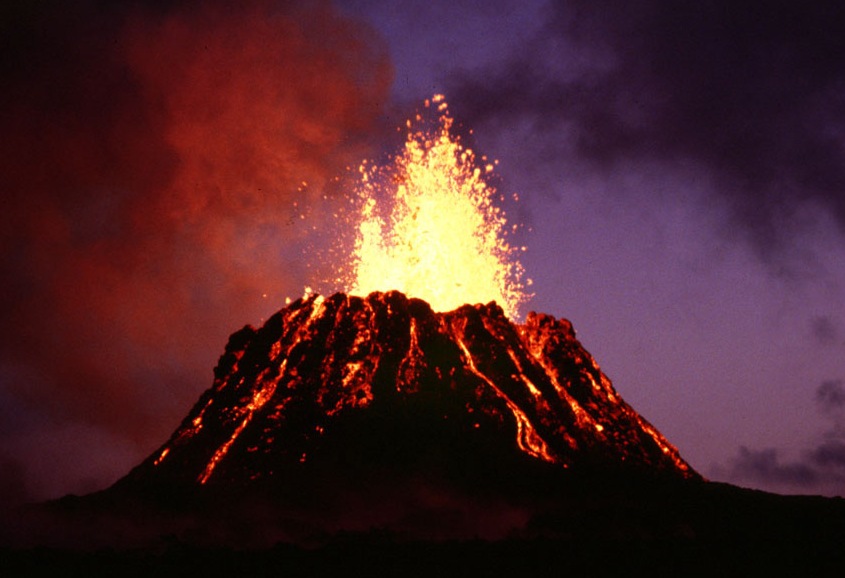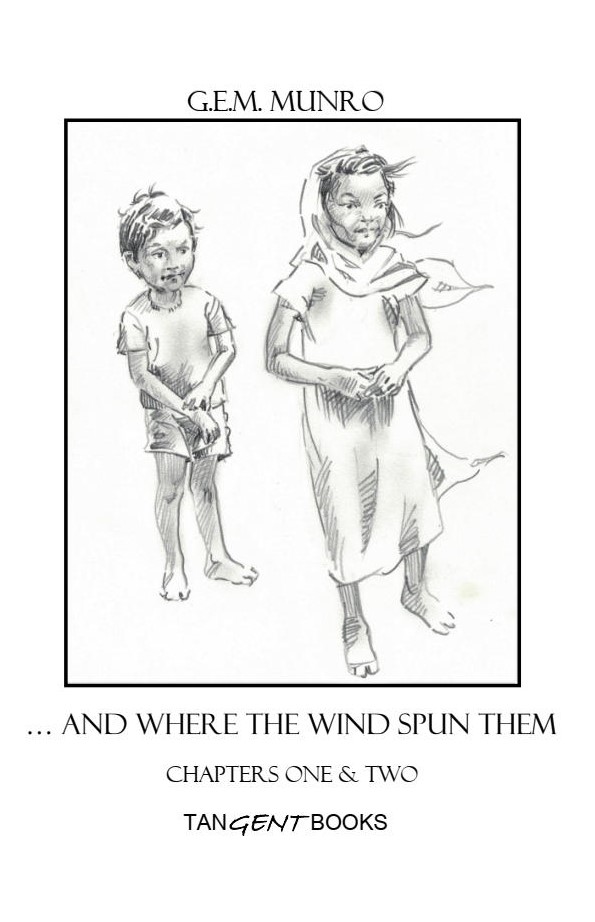
There’s been something terribly familiar in Donald Trump’s current campaign to make the unthinkable thinkable; his aggressive talk about the possibility of war (even nuclear war) against North Korea and Iran is reminiscent of George W. Bush’s pumping of public opinion to convince his own war-weary population of the necessity of attacking Iraq. The process seems to be to antagonize and threaten the enemy into threatening responses, and then use those responses to justify an attack. Bush goaded Saddam Hussein into almost verifying weapons of mass destruction, thereby establishing the subsequent US bombing of Iraq as defensive, rather than offensive. Trump has goaded Kim Jong-un into braying about the ever-present button on his desk.
Amarok Society operates schools in slums, of course, and every slum has a lord of one stripe or another, and we’ve come to recognize the sound of slumlord bluster when we hear it, and we heard it from Saddam; his allusion — never stated outright — to possession of the WMDs seemed pretty much to us a guarantee he didn’t have them. Kim has, likewise, given the bully-bravura answer Trump’s provocation was seeking. (It’s notable that Iran’s governmental leader, Hassan Rouhani, who’s not a bully, but an educated relative moderate elected by a relatively moderate, educated population, hasn’t taken the bait. The worst he’s threatened is, pathetically, to try to match the US sanctions against his country. That must be frustrating.)
What a miserable coincidence that Hawaii’s mista
ken missile attack alert should follow so closely on the heels of this blowhard brinksmanship, at the one part of the US that might be within the range of North Korea’s weapons, at the one part of the US with a history of unexpected bombing. It’s not too surprising that the unthinkable became the believable for so many of the people there. For forty long minutes, most people, judging by those who were quoted in the media, really thought the end was nigh.
How many movies have told us that, in such an event, the thin veneer of civilization will be ripped away to reveal the true, raw nature of humankind as hordes take to the streets to rampage, rape, loot or just run around screaming? Where do movie-makers find the evidence to support their suppositions?
The really interesting aspect of the false alarm in Hawaii is what didn’t happen during those forty long minutes: there was no looting, no destruction, no violence, no settling of scores, no spike in crime.
News reports described widespread panic, but they were sensational and quite incorrect, or possibly written by people who don’t know the meaning of ‘panic’. No doubt, people were frightened, some perhaps even traumatized, but they conducted themselves in an orderly way, considerate of the other people around them, and they didn’t panic. In anticipation of the direst of events, humanity, once again, remained human, even humane.
We’ll have to see if Hawaii needs to be on alert for another explosion — a baby boom — nine months from now.
The question arises, how is it that so many world leaders ‘lead’ from so far behind, and will they ever catch up to common humanity?
